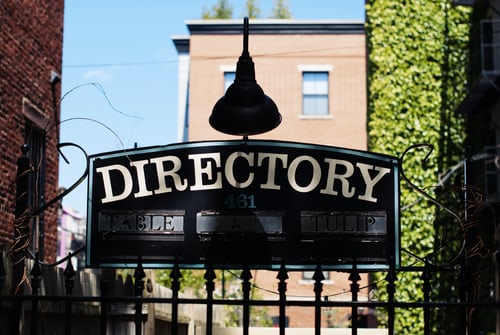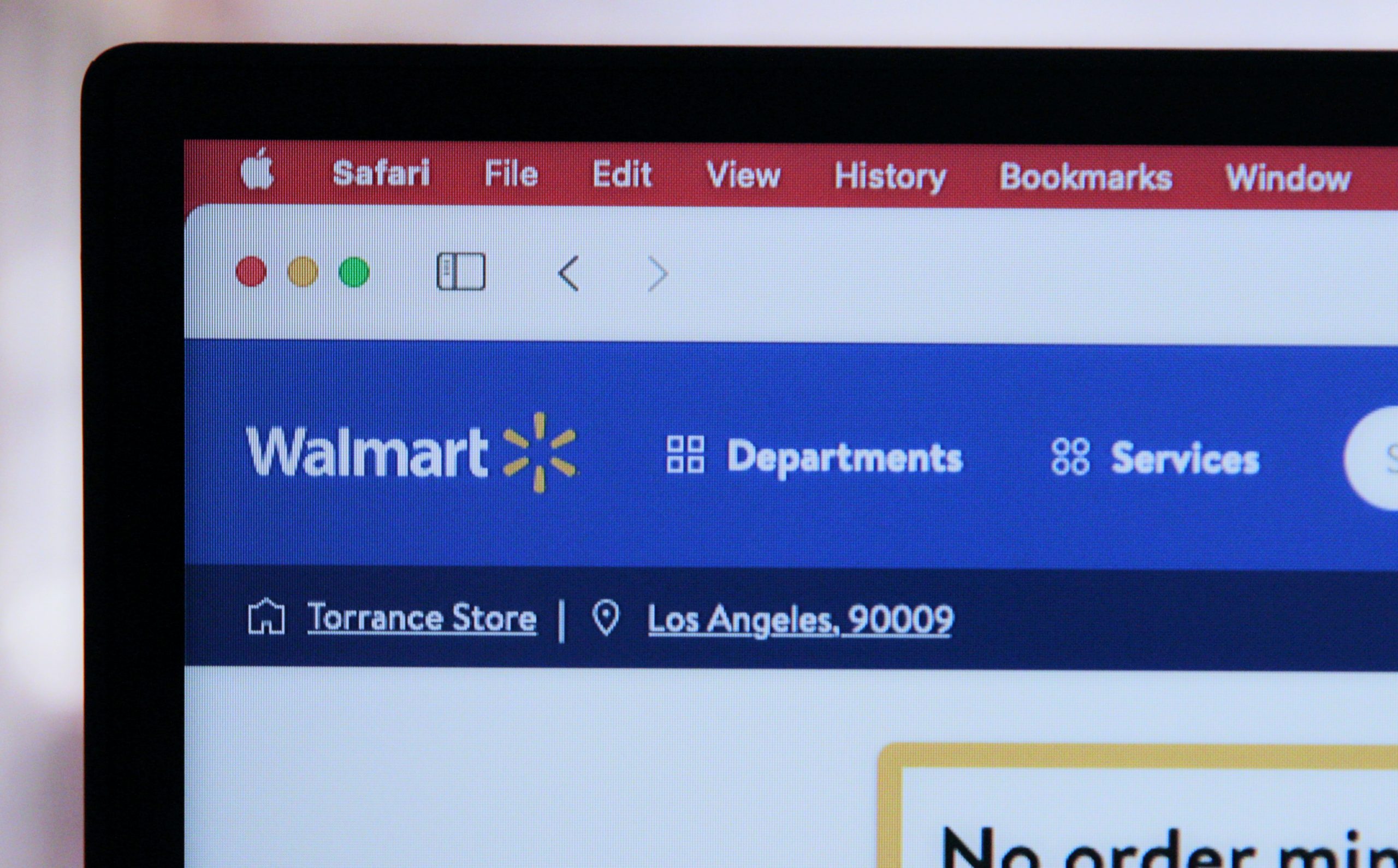Before starting a winery business, it’s essential to know precisely what you’re getting yourself into. Some wineries offer contract bottling services for those who want to get their feet wet in wine country with minimal financial risk. Contract bottling is a great way to start a winery business on a small scale while still benefiting from some of the brand-building advantages of creating your wine label. It’s also good to have at least some prior experience in hospitality or food-and-beverage service before diving into starting your vineyard or tasting room. Bottling wine for someone else can be done part-time, but having your tasting room requires more work than most people realize.

What Is Wine?
Wine is an alcoholic beverage made by fermenting fruit juice. In a winery, vintners are tasked with turning grapes into wine. A trip to a winery is their first exposure to wine for most people. Many people love it so much that they decide to start making it themselves. If you want to learn how to create a winery business, here are some helpful tips.
A winery is a licensed business that makes wine. It needs vineyards with grapevines and storage facilities for barrels of fermented fruit juice known as must. Wineries need enough space to accommodate crushing machinery such as crushers or crusher-destemmers and processing machineries such as tank washers or filters.
Types of Wine
If you decide to start a winery business, there are several types of wine that you can produce. The first is red wine, also known as dry. One of the critical differences between dry and sweet wines is their sugar content. Dry wines are considered low in sugar content; therefore, they are typically high in alcohol concentration. Sweet wines contain higher sugar content, resulting in a lower alcohol concentration, which means they will taste sweeter than dry wine. White wines have no color pigment whatsoever; therefore, their skins are not exposed to heat during production. This allows white wines to maintain a more pure flavor than reds or rosés since less tannin is released into the solution when making white wine.
Why Should I Consider Starting a Vineyard?
If you like wine, want to be your boss, and want to get your feet wet in a business that’s changing with an exploding industry, starting a vineyard may be a great career move. When you create a winery business, you’ll be able to source grapes grown on local farms; purchase barrels for fermentation; hire workers who know how to turn out high-quality wines; pick when to sell your wine; keep as much of your profit as possible (for now), and have all of those bottles you’ve been storing in your basement finally put to good use. Besides getting all of these perks (and more), there are many other reasons why wineries are booming right now. For example, new technologies have allowed for faster grape ripening, which means better flavor development; smaller farming equipment has helped make it easier to grow small batches of grapes organically, and international interest in U.S.-made wine has led to an influx of foreign money into states like California. In short, wineries are no longer just mom-and-pop businesses – they’re popping up everywhere!
Where Can I Get The Necessary Equipment?
The type of equipment you need depends on your business. If you’re making wine, then a winery or vineyard is necessary. Creating wine starts by picking grapes, which can be purchased online or locally at places like grocery stores or farmers’ markets, then crushing them with a grape crusher so that all of the seeds are removed before fermenting. This part involves fermenting as well as filtering. During fermentation, yeast is added to transform sugar into alcohol, while filtering removes sediment from wine that could impair its quality if left there. Wine needs to be stored for aging in barrels (or wooden containers) for anywhere between 1-6 months depending on how it’s aged—in oak barrels for reds, in stainless steel for whites. The wine industry has been increasing over recent years, and it doesn’t seem to be slowing down anytime soon. Now is an excellent time for anyone looking to start their own winery business!
What Are The Most Important Things To Keep In Mind?
The business of winemaking is complex, with many different pieces that all have to come together for it to be successful. As you start your own winery business, here are a few things you’ll want to keep in mind, along with some tips from pros who have been doing it for years. Note: The information below is primarily geared toward people operating a viniferous operation as independent business owners. These tips may not apply to opening a winery within a larger organization like Walt Disney World or Coca-Cola. Before even considering starting a winery business, it’s essential to make sure there’s demand for such a product in your area. Talk to local restaurants and bars about whether they’d ever consider serving wine made by someone other than the big brands; talk to nearby vineyards about their supply chain; do research on popular wine markets in your area; see what else is going on around town (festivals, fairs) that might also attract customers; etc.
Where Should I Look For Funding To Start a Winery Business?
If you plan to start a winery business, you’ll need a lot of funding. Fortunately, there are many different options for financing your new wine business. While various types of funding are available to you, it is essential to understand what each one entails. Below, we look at five different ways individuals can raise money to start their own winery business. To open a winery business, be prepared to spend anywhere between $100,000 and $500,000 or more on startup costs alone. You will also have additional expenses, including taxes, legal fees, and marketing costs, that must be factored into your budget.
Selecting Your Location Before Starting a Winery Business
Is there a perfect place to start a winery? No, but you should take into account several factors. Will you focus on certain wines (white, red) or will you branch out across all varieties? Are your vineyards close to large metropolitan areas or tourist hotspots? What about agricultural zoning laws or tax benefits? Do potential customers for your wine live nearby, or do they travel long distances to visit wineries in other country areas? Will your surrounding communities support a new business of any kind, particularly one with such high startup costs as a winery? Is there local expertise that can help you succeed—and vice versa—or will you have to build an entire operation from scratch? All these things factor into deciding where to locate your business.
Making Good Use Of Space When Planning A Home Vineyard
When planning your vineyard, you have to start by figuring out how much space you have available to work with. To create a winery business, you need to consider your yard and any other land you may be able to use. If you’re starting your own winery business on a farm or in an agricultural area, you may already have more space than most of us in urban areas. However, even those starting a vineyard for personal enjoyment should check their local zoning laws about having animals like goats or cattle. These can help fertilize your land so it can sustain grapevines better and give them some shade during hot days when they need it most.
What Is Barrel Aging In A Winery Business?
While some wineries will skip barrel aging, it’s a crucial step in creating higher-quality wines. Many smaller wineries use barrels that were previously used to age bourbon, whiskey, or other types of liquor, while more extensive operations can purchase new barrels each year. Few winemakers don’t use oak barrels at all—and those who do may not wait as long as many people think they should before bottling their wine. You see so many differences in wine, even if two bottles come from wineries using similar grapes and producing batches in nearby locations. Barrel aging can dramatically change how a wine tastes. Most red wines spend time in oak during production.
The Bottom Line On How To Start a Winery Business
Many people have a hobby of collecting wine, and many wineries exist to produce wine on a small scale. But if you want to be successful with your own winery business, you’ll need to think big—very big—and start planning now. The first step is to get in touch with your local government to determine what kind of permits are required to create a winery. The second step is finding suitable land for growing grapes or other fruits used in making wine. Third, you’ll need to decide whether or not you’ll use organic practices when cultivating and harvesting grapes or other fruit used in making wine. If so, it’s time to get certified as an organic grower by meeting specific criteria set by an independent third-party organization that empowers organic growers and products across North America.












